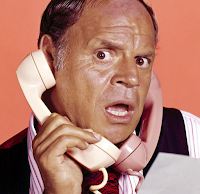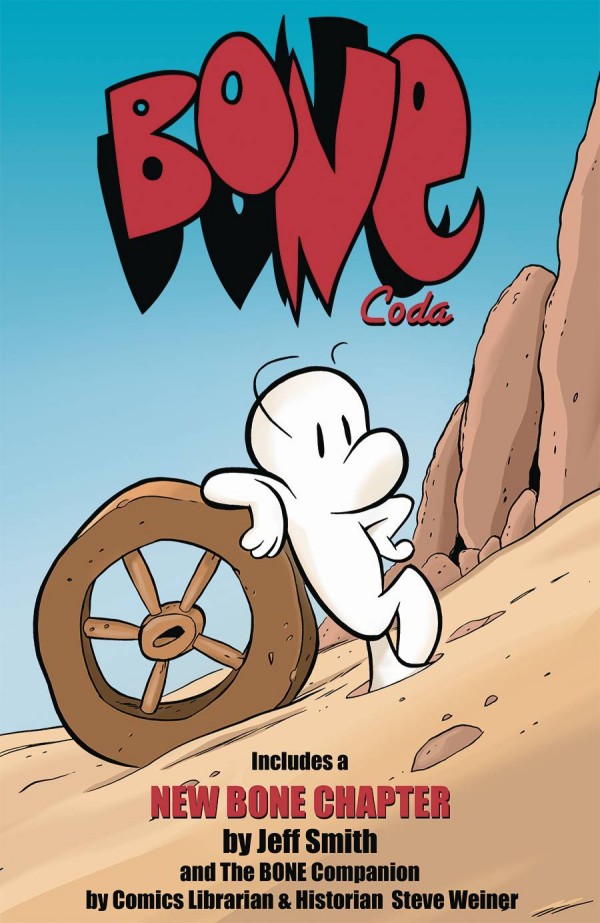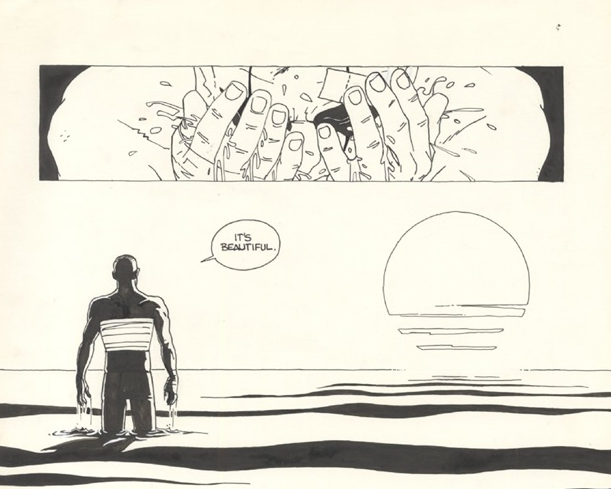Note: This review was originally written back in 2010 when Daniel Clowes' Wilson was originally published. I couldn't even tell you what website it was written for. It has been revised slightly from its original publication. The Wilson movie is now out but I can't imagine that it can capture the dogged despair of Clowes' book.
When Wilson was a child, his parents used to sit by the lakefront for hours, simply staring at the water. It's one of those things that parents do which children just can't understand. "It's just water," a kid would think, "nothing special." As a man whose best relationship is with his dog Pepper, Wilson goes to the ocean shore, trying to see and experience what his parents did. If he sits long enough, maybe he'll be able to find a connection to them, he hopes. Finally, he gives up and walks away; "... This is a snooze-fest." Years later, long after the death of his father, a reunion with his ex-wife, learning about his sixteen-year-old daughter and the misguided attempts to build a relationship with her, Wilson sits cross-legged on the ground, watching a melting icicle. "Still nothing." Finally, after losing and then somewhat gaining a family back, Wilson sits in front of a window, watching the rain fall. It's been a long life and finally, he gets it. It's so obvious; obvious enough that Wilson doesn't have to offer any explanation to the audience.
That's what passes as a plot summary for Daniel Clowes' Wilson, his newest book about a man with too much faith in his fellow man but too high of standards to ever accept them for who his fellow men are. Told in one page gag-style strips drawn in a number of different cartooning styles, Wilson shows the adult life of one man repeating the same mistakes throughout his life. Almost everything in Wilson is a do-over for this character, another chance to get it right but it almost always comes too late. He wants to finally get to know his father but his father has stage four lymphoma. After sixteen years of separation, he wants to be a husband again to his estranged wife Pippi but she's far too damaged to even show the slightest amount of emotion to anyone. He wants to be a father but hasn't the first idea of how to just get to know Claire, his daughter who he didn’t know about. He makes the same jokes over and over even though nobody ever laughs. He insults the same people again and again without ever finding out who they are. If life is a series of events that you learn from and grow from, Wilson never seems to change. He goes from life event to life event, waiting for everyone to catch up to his highly developed sense of self.
During the entire book, Wilson wants to be normal and just like everyone else. He's constantly reaching out to people, trying to find something interesting in them that he can latch onto. He wants to hear about people's families and their jobs but it's never interesting enough for him. In the end, he’s one of those guys who appears interested in his fellow man but ends up being far more interested in himself than he would ever care to admit. You could almost read these encounters as Wilson just trying to show up each person he meets but I think Clowes wants us to see more than a pompous blowhard in Wilson. Wilson is a character who's searching for someone that he can feel honest emotions for; his father, his ex-wife, his daughter, his grandchild, the dog, the dog sitter or even the guy at the cafe who Wilson insists on sitting with because he likes to look out the window even though there are any number of open tables available. There's an earnestness to how Wilson tries to communicate with each character that's tangible just before he grows tired of the conversation and tries to dominate the other person with his own singular wit.
Clowes use of different styles creates a fascinating dynamic in this book. It's a bit jarring in the first couple of pages but once Clowes really begins to develop Wilson's story, the changing art fades a bit into the background, becoming less obvious and distracting. Running the range from a realistic, non-decorative style to a very cartoony and rhythmic style, Clowes repeats these styles like Wilson repeats his various approaches with other people. I wonder if you pulled the book apart and grouped pages drawn in a similar style together if you'd find any narrative or thematic connection between them? These ever-changing approaches to the story actually create a sense of hope for Wilson, hope that maybe he’s seeing the world somewhat differently because he’s learned something. But Clowes never gives him that ability to grow and learn.
The different styles focus you more on Wilson and remind you that Clowes isn't telling you the story of a one-dimensional man. Wilson isn't just a funny clown or a bearded slob but he is both of those and much more. Every different characteristic Clowes gives him through the different styles are part of who Wilson is. From the story alone, it's easy to try and peg Wilson as a somewhat sloven misanthrope but Clowes wants us to see that as only one aspect of the character. In many ways, the art has to overpower the story to try and create a more sympathetic and likable character but it doesn't always work. Even with the different styles trying to give us a glimpse into the heart and soul of the character, it's difficult to see beyond the misguided repulsiveness of some of his actions.
I really don't want to know a Wilson in real life but I have the feeling that I do know one or two of them, those people who would much rather listen to their own voices that for one minute think that someone else has something to contribute to any discussion. Dan Clowes works to reminds us though that we have to see beyond the obvious of Wilson, beyond the glasses, receding hairline, big nose, and beard because there's so much more to Wilson. We may never see the whole Wilson but we'll keep on getting glimpses of him. Clowes leaves it up to the reader to assemble the final and complete image of Wilson.
Wilson
Written & Drawn by Daniel Clowes
Published by Drawn & Quarterly
Footer Copyright
Design by - Blogger Templates | Distributed by Free Blogger Templates











